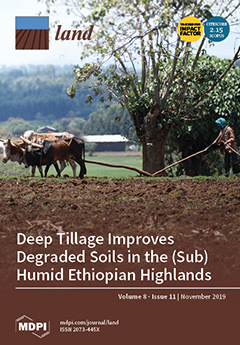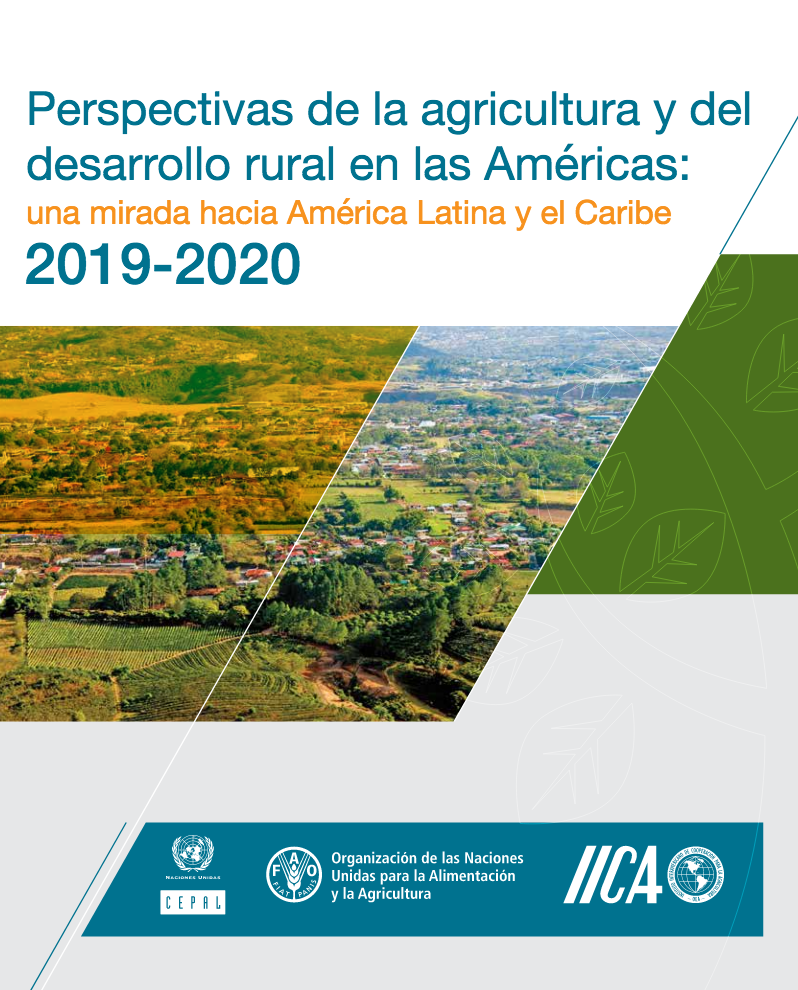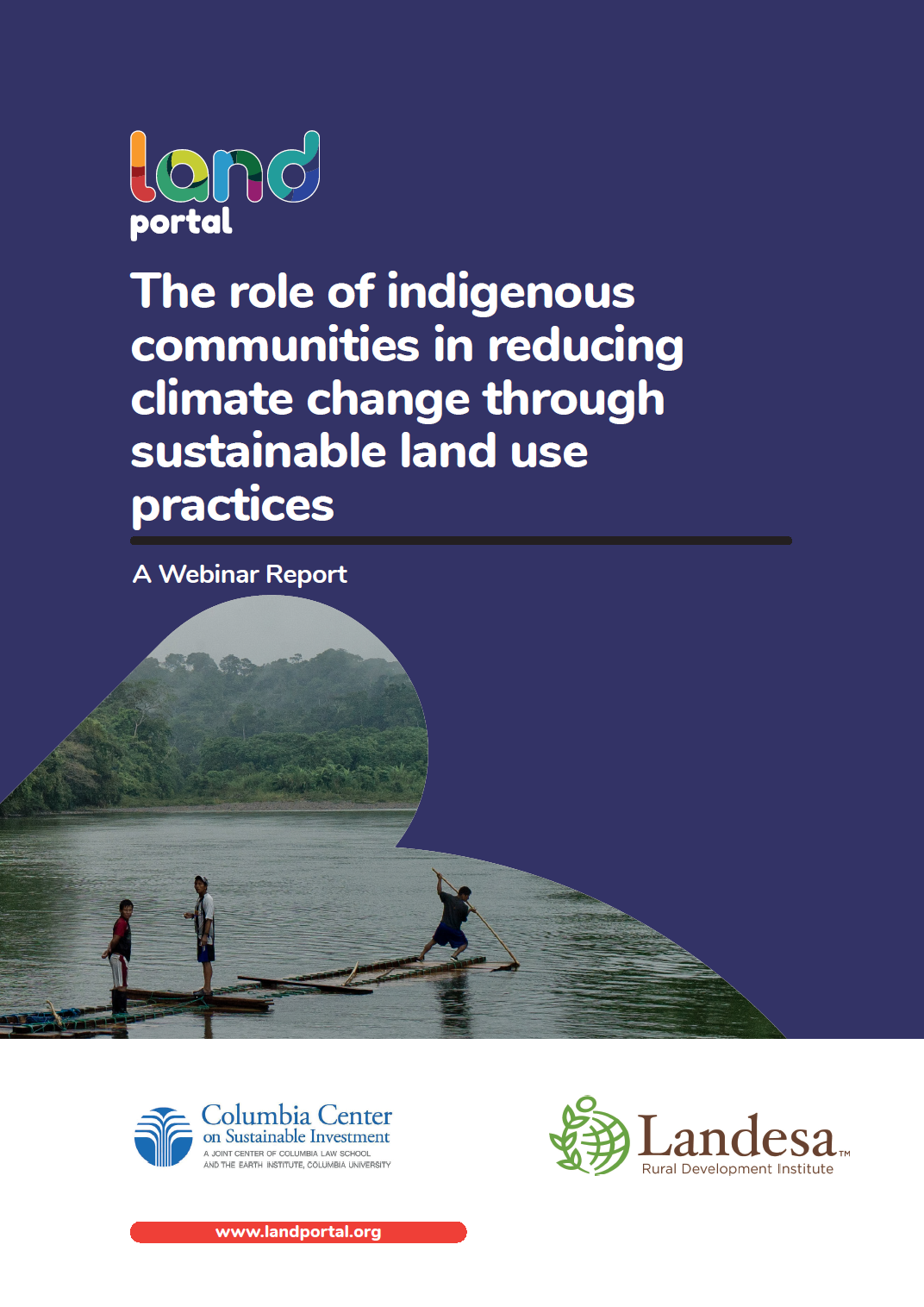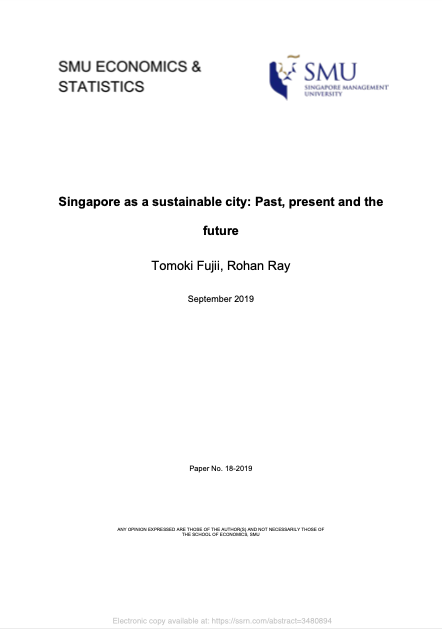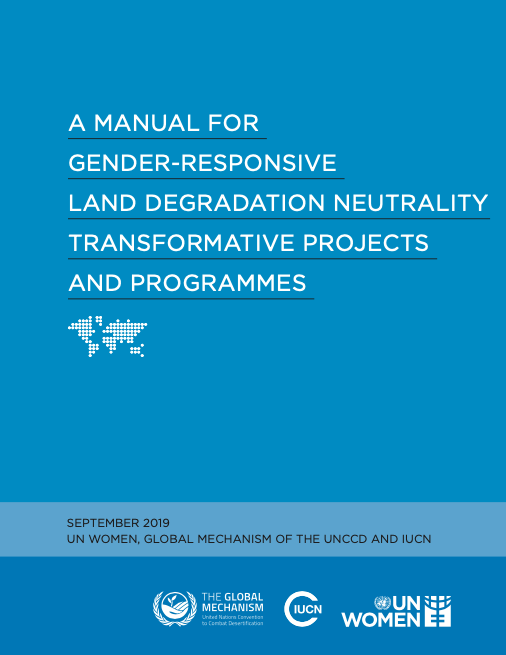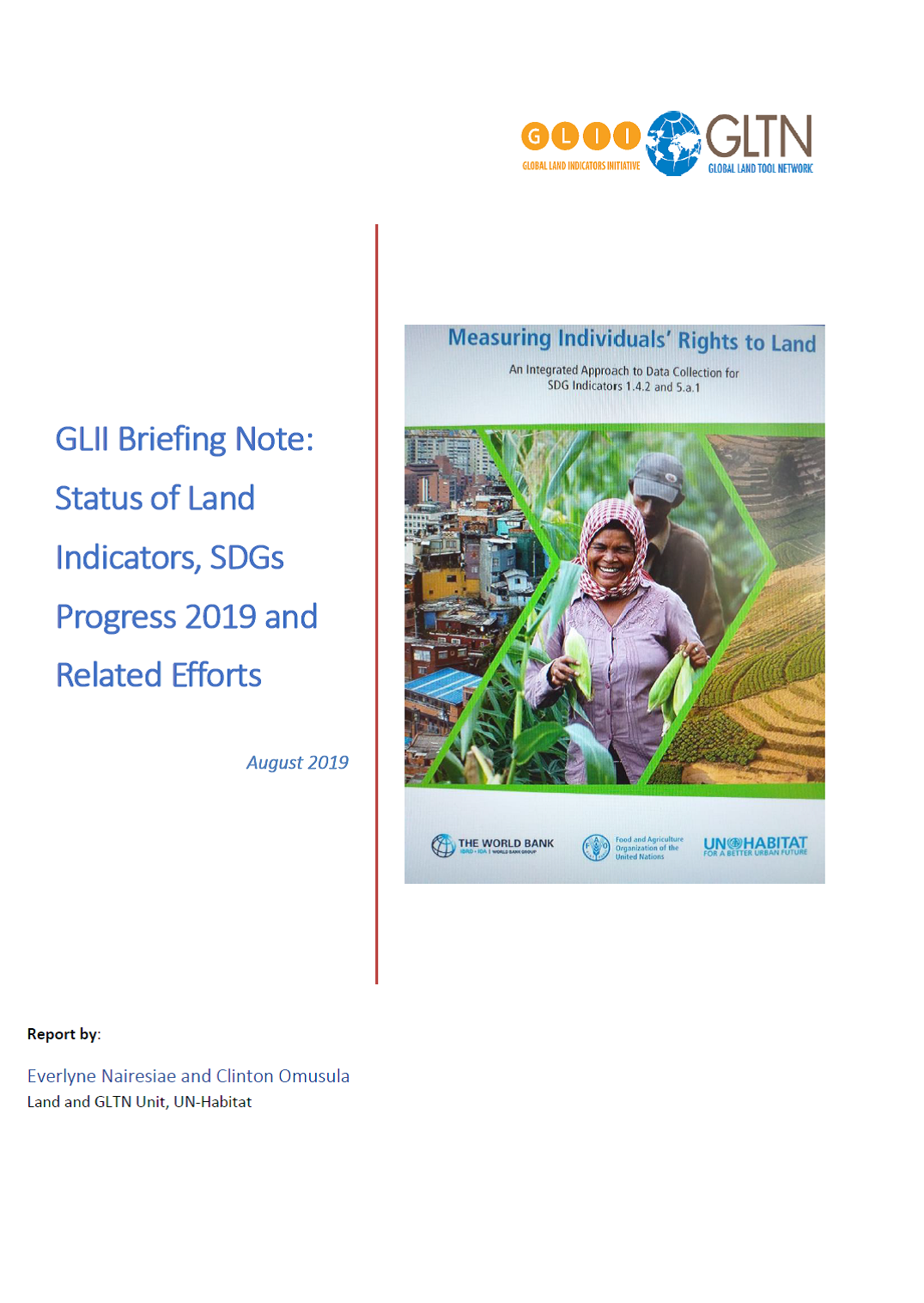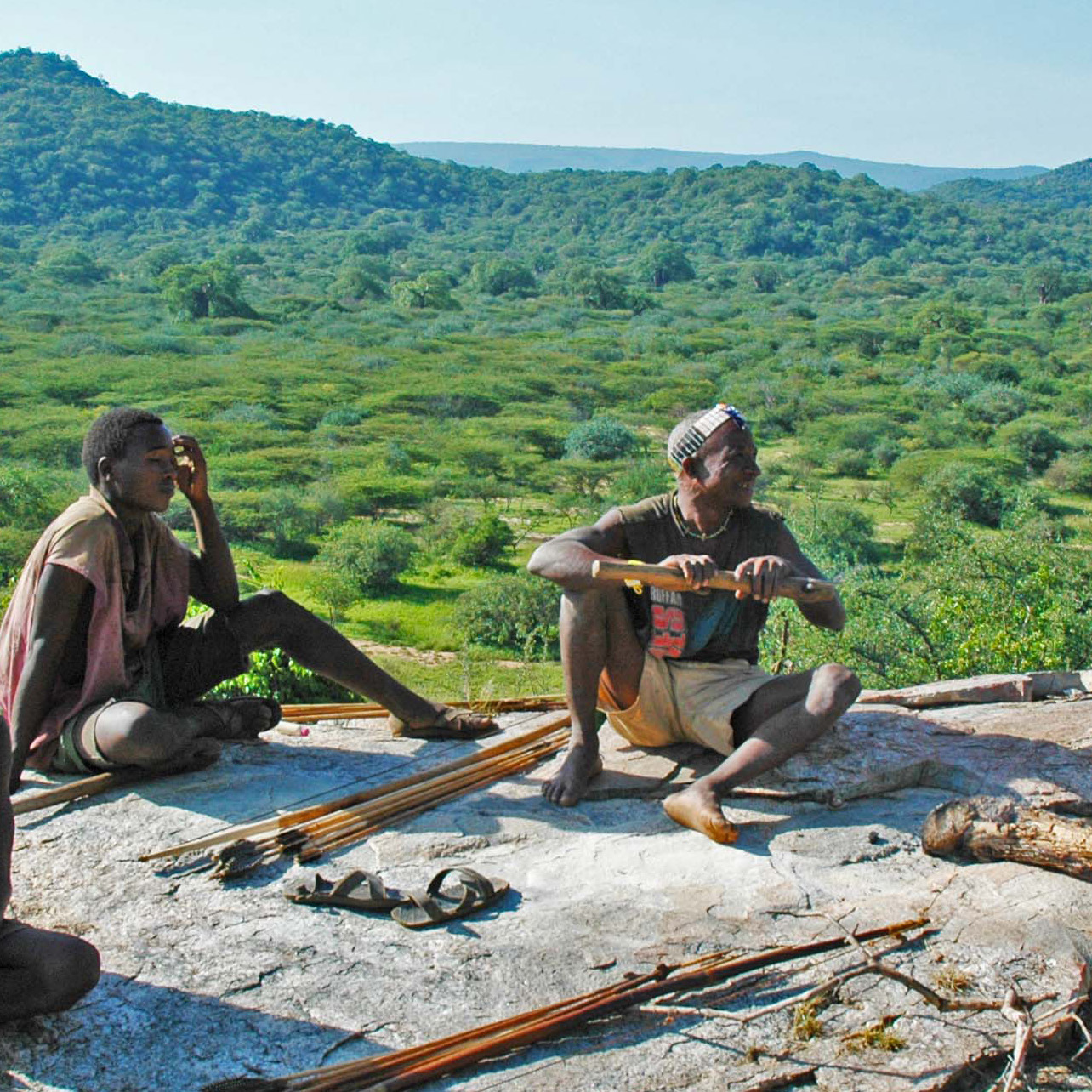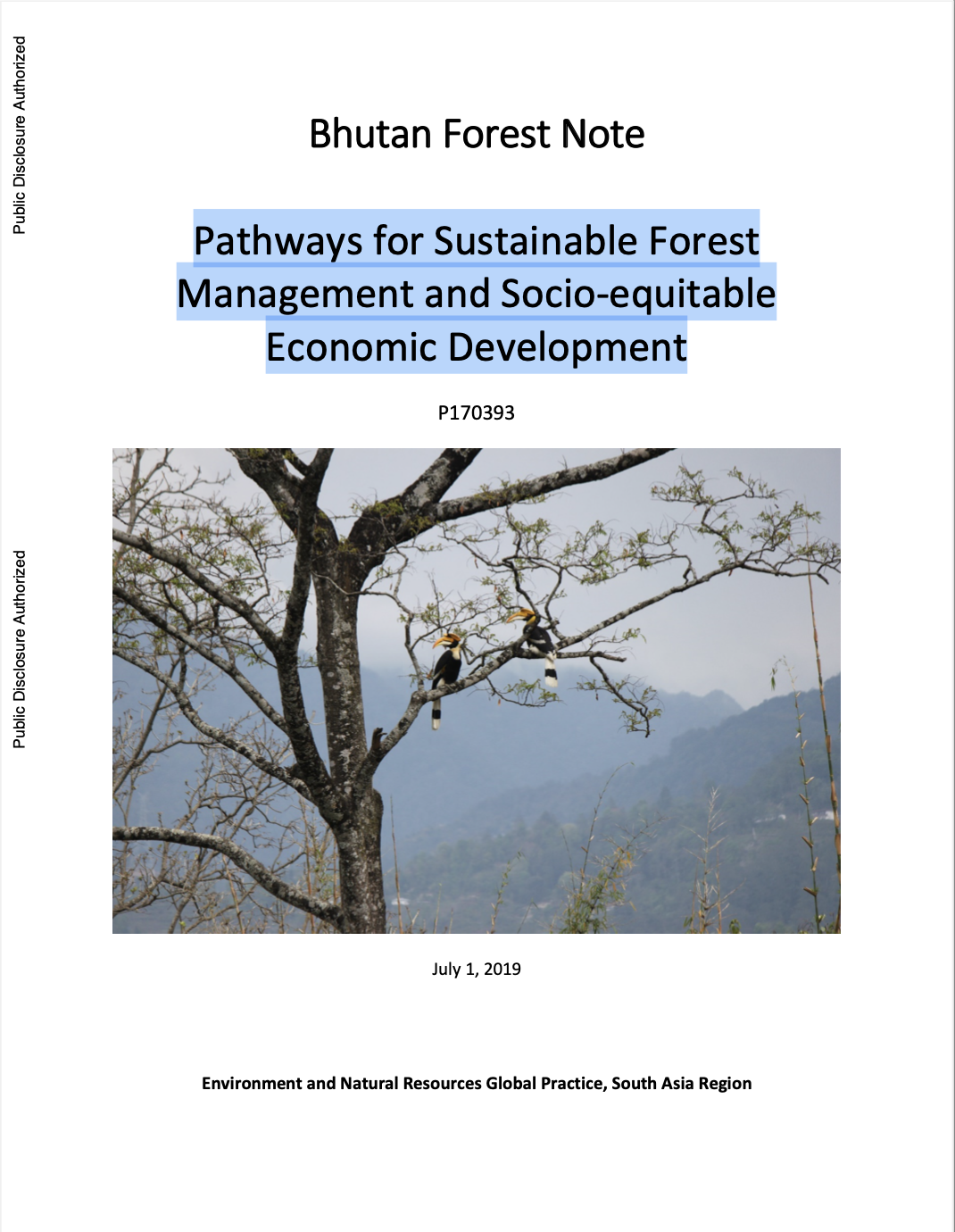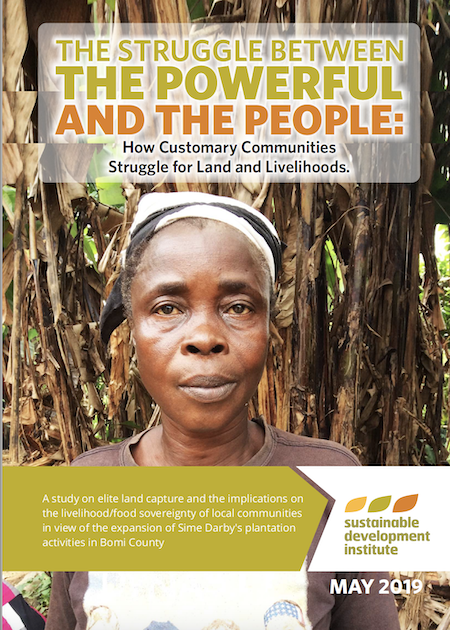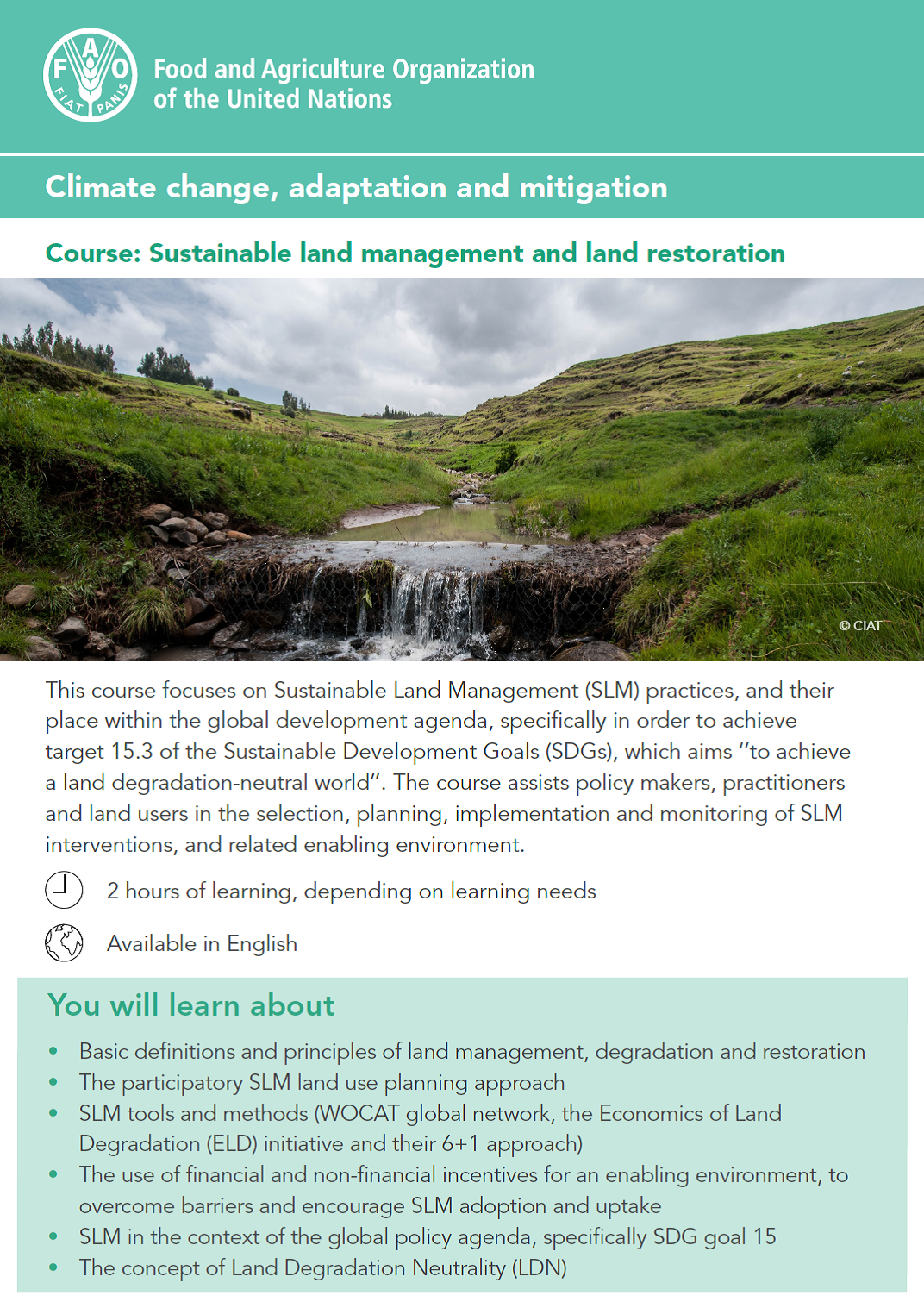Urban–Rural Construction Land Replacement for More Sustainable Land Use and Regional Development in China: Policies and Practices
With the rapid development of urbanization and industrialization, land exploitation in China has caused a decrease of cultivated land, posing a threat to national food security. To achieve the goals of both economic development and cultivated land protection, China launched an urban–rural land replacement measure supported by a new land use policy of “increasing vs. decreasing balance” of construction land between urban and rural areas in 2008.

